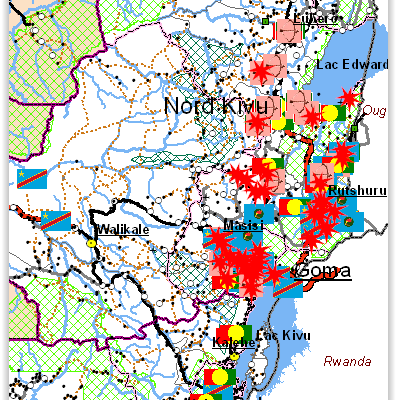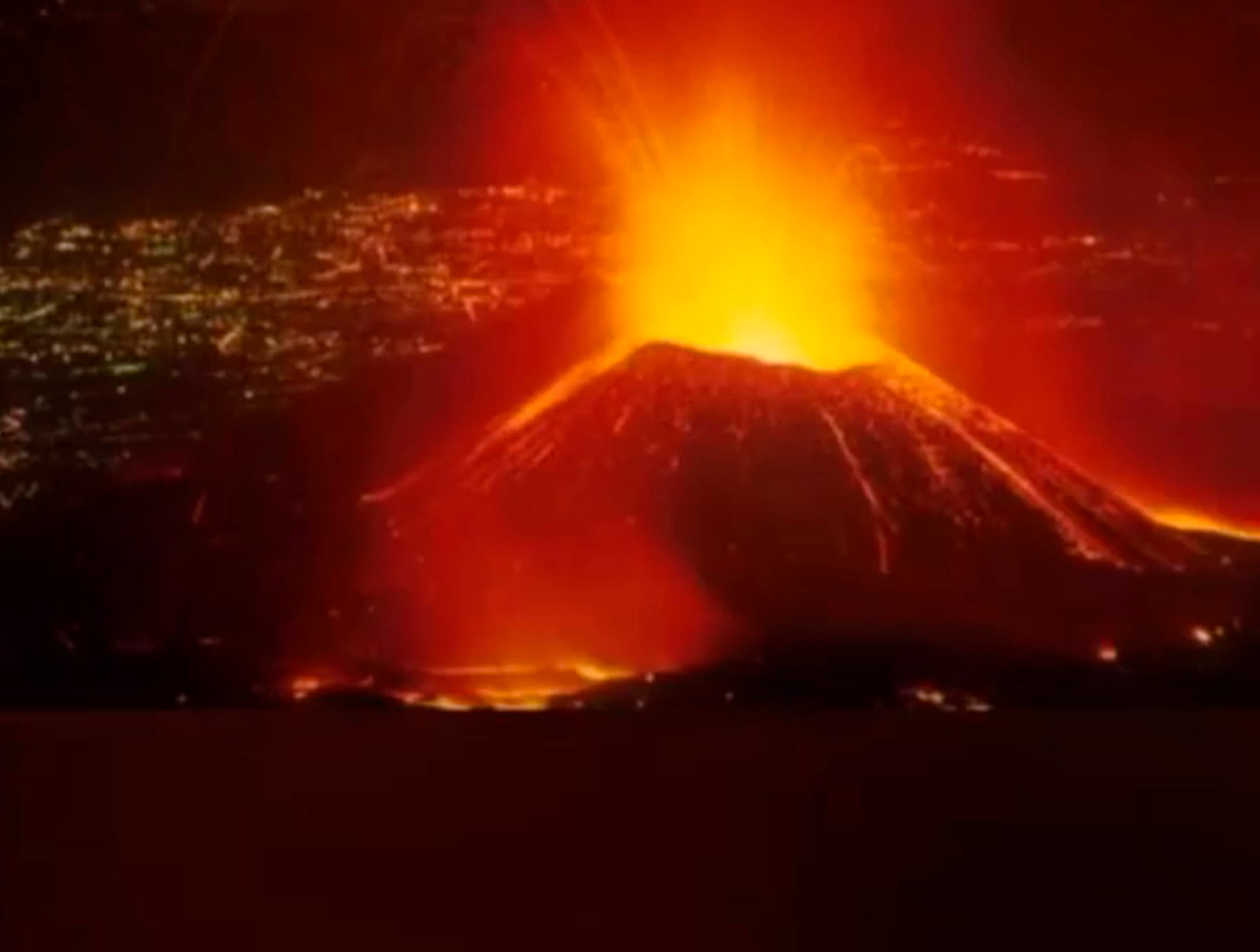Regional
Insecurity in east DRC: Permanent curse or solvable challenge?

Alarming atrocities have been committed by armed groups against civilians in Ituri, North Kivu and South Kivu provinces of the Democratic Republic of Congo (DRC).
Reports indicate that Democratic
Republic of the Congo (DRC) politicians voted on Thursday, June 3, to extend
martial law in the restive east of the country for 15 days, a month after
replacing civilian authorities with military administrations in two provinces
in the east.
For more than two decades, the
mineral-rich east of the DRC has been marred by insecurity and all the felonies
that come with it. The decades-long suffering of the people in this region
dampened any glimmer of hope for a better life.
Alarming atrocities have been
committed by armed groups against civilians in Ituri, North Kivu and South Kivu
provinces of the country. Their people's despair is shared with different other
folks across the world; of course not to the same degree as people at the
epicenter. Bad as it may be, I believe it is not a permanent curse but a puzzle
that can be unlocked.
To understand the predicament that the people of eastern DRC find themselves in, one needs to make reference to historical specifics. The attention-grabbing discovery is the common denominator that historical details have in common; leadership flaws.
Perennial leadership failures account for the misery the people of eastern DRC live through, just as much as the people in neighbouring countries. It is imperative to comprehend the fact that insecurity and violence in eastern DRC should be regarded in its complexity and not attributed to just one unrelated factor, in most cases Rwanda.
Insecurity in the region should be
understood from the context of the numerous armed militia groups, local and
foreign, that have found a safe haven in the region and caused political,
financial, ethnic, and sometimes socio-cultural conflicts.
The DRC Province of North Kivu alone,
as the epicenter of war, has had more than a dozen armed groups, mostly started
by local communities. Some were launched out of justified grievances and others
out of pure greed. These armed groups present formidable challenges to
stability in the region that persist to date. Researchers have sketched the
historical backdrop to these conflicts, citing the social, political and
economic dynamics as the main causes for the armed conflicts in the region.
One interesting observation is that
all armed groups that emerged there have common features. But there is no
comprehensive theory that explains them all since their objectives are
divergent. The common feature is that they all draw from three sources of instability:
local, regional and national.
One of the country's leadership flaws is that, for a long time, the state fell apart by being run by foreign interests, especially those scrambling for business gains. For long, the state had neither the requisite rule of law architecture that would guarantee property rights nor did it have the force of law to suppress its armed foes.
Tensions and armed conflicts between
local communities is not a new phenomenon to the region. Majority of these
armed groups are created to provide protection to businesses owned by some
local personalities. Others are proxies for political actors created to give
them leverage against other local politicians. Worse still, various insurgents from Burundi,
Rwanda and Uganda are sheltering in the east of the vast country.
Rifts between communities whose presence in a given area is not welcomed and recently, armed conflicts caused by fugitives who left Rwanda after committing the 1994 genocide against the Tutsi are all different types of armed conflicts that account for the prevailing insecurity in the region.
Groups of criminals from neighbouring
countries took advantage of the deplorable security situation in eastern DRC to
establish bases for their terrorist’s organizations. The FDLR, a remnant of the
perpetrators of the 1994 genocide against the Tutsi in Rwanda, and its splinter
groups have pillaged and killed, with impunity, for more than two decades.
Other Rwandan groups including the likes of the RNC, RUD-Urunana and FLN continuously
use the DRC as their rear base to carry out atrocities in Rwanda.
In December 2018, a UN Group of
Experts on the DRC, reported that the P5, a group of Rwandan opposition
factions including the RNC, were working with rebels in the DRC with the aim of
toppling the government of Rwanda. The UN experts reported that the P5 received
weapons and other support from Burundi. Congolese civilians from the regions
these groups operate have not been spared as they found themselves trapped in
the middle of confrontations between various armed militia groups including
Uganda's Allied Democratic Forces (ADF).
The insecurity and misery brought
upon the people of eastern DRC is definitely not a permanent curse. It is just
a potent blend of ethnic discrimination, past state weaknesses and elite
interests that rendered the complex situation, in the eyes of locals and
outsiders, unsolvable.
While groups like FDLR continuously
found their original plan – overrunning Rwanda and completing their unfinished
business of ethnic cleansing – a receding mirage owing to the strength of the
Rwandan military, other militia groups thrived largely because of the
support they get from some local politicians.
Enter Félix Tshisekedi
The magic bullet in solving the insecurity problems in eastern DRC lies in the country’s leadership. The latter needs to adopt radical approaches in eliminating these armed groups and address the socio-economic challenges that face the people of the region. Change is possible. And there is hope, thanks to the DRC's new president, Félix Tshisekedi.
Tshisekedi, has not only ordered his military to decisively fight armed militia in the east but he has invited Burundi, Rwanda and Uganda to conduct joint military operations with DRC troops against insurgents sheltering in his country. Tshisekedi understands the importance of regional cooperation in efforts to find a lasting solution to the security challenge in the east of his country.
Not only are Congolese army
operations against militia groups more successful than they have been in the
past, but Tshisekedi also redoubled his diplomatic efforts to ease regional
frictions. Together with Angola's President, João Lourenço, Tshisekedi has, on
several occasions, facilitated discussions between the Rwandan and Ugandan
Presidents aimed at easing tensions.


